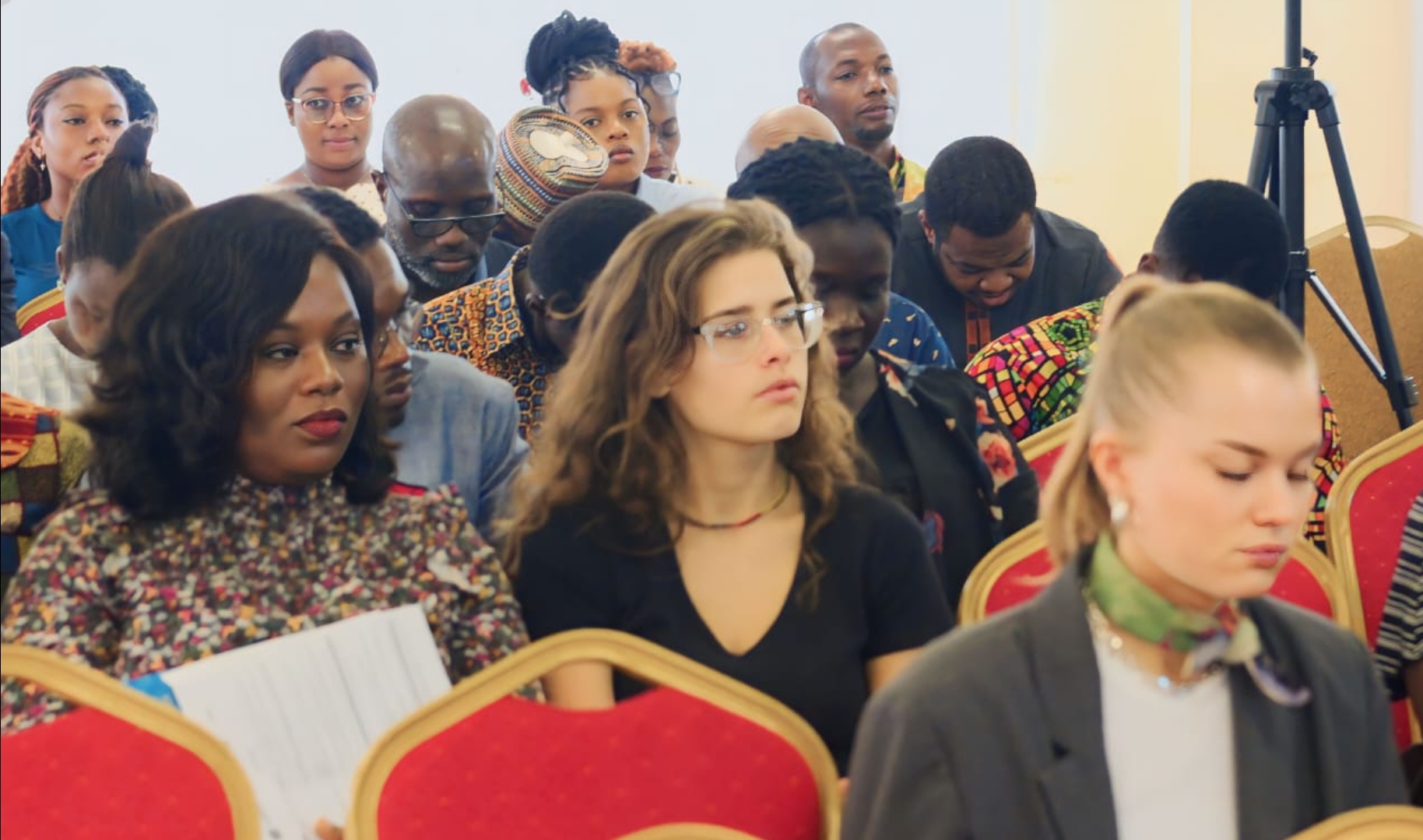Africa’s leadership have been called upon to place more premium to fixing governance failures, given that military and security operations, while necessary, cannot in themselves deliver sustainable solutions to discontent, frustrations, poverty, unemployment and corruption, with attendant radicalization, violent extremism and terrorism on the continent.
The call was made by speakers at a two-day seminar on Wednesday 6 December, 2023, at the Kofi Annan International Peacekeeping Training Centre (KAIPTC), with the Special Representative of the United Nations (UN) Under Secretary-General (USG) for Mali, and Head of the United Nations Multi-dimensional Integrated Stabilization Mission in Mali (MINUSMA) – Ambassador El-Ghassim Wane, as the Guest of Honour.
At the seminar, captioned “Evolution of African-Led Peace Support Operations and Best Practices for Future Operations”, His Excellency (HE) Ambassador Wane urged Africa to invest more in the political process, asserting that, in its absence, no amount of force would resolve the conflicts confronting Africa.

He furthered that, it is important that the UN and African institutions, focus not only on the deployment of large operations, but also on other more flexible cooperation modalities, as exemplified by the Nouakchott Process and the Accra Process, and further called for joint procurement to reduce costs, pooling of strategic airlift capabilities.
On African Union (AU) led Peace Support Operations (PSO), he said the advent of the AU and the entry into force of the PSC Protocol, have led to a dramatic increase in the number of operations deployed by the AU, and include operations of limited scope as foreseen in the Cairo Declaration.
He continued that the increased role played by the AU in the deployment of PSOs, has impacted its partnership with the UN, and should not be seen in opposition to UN peacekeeping operations (PKOs), although with the notable exception of the African Union Mission in Somalia (AMISOM), no African Mission has benefited from UN financing from assessed contributions.
An initiative, he said, spearheaded by Ghana, on behalf of the African continent, aimed at making UN support possible for AU-led PSOs – which he said have significantly increased and diversified – is ongoing at the Security Council.

Asserting that UN multidimensional PKOs remain very relevant, given their multidimensional nature, he affirmed the need to have a variety of tools to address the nature of African conflicts.
“The continued involvement of African institutions in the deployment of PSOs, and in the promotion of security cooperation, is all the more important, as terrorism and violent extremism remain prevalent in large parts of Africa”, Ambassador Wane said.
The Commandant, KAIPTC – Major General (Maj Gen) Rcihard Addo Gyane, in opening remarks, stated that the seminar was not only seeking to assess how far peacebuilding has come in securing Africa, but also the preparedness for a better African-led response to the ever-changing security dynamics on the continent.
General Gyane said, the evolution and constant change of the nature of conflicts in Africa, reflects the challenges that African-led agencies face in dealing with contemporary insecurities.

Understanding the growing nature of African agency in dealing with the current security challenges on the continent, must be located within the institutional frameworks and structures established over the years, Maj Gen RA Gyane opined.
The African Peace and Security Architecture (APSA) of the AU and its Regional Economic Communities (RECs), have played key roles through preventive diplomacy, to ensure that internal political tensions and disputed elections, do not escalate into violent conflicts that have the potential to undermine the peace and stability of the continent, he said.
He continued that the capacity and agency of African institutions and people to deploy peacekeeping forces in such environments, where ‘there are no peace agreements’ and where ‘there is no peace to keep’ is a demonstration of the continent’s willingness and commitment to maintain law and order.
While forging partnerships with the UN and other bilateral partners is critical for sustaining peace operations, a true assessment of the impact of African-led agencies must also reflect short falls, such as effective response mechanisms in resolving challenges of human rights, rule of law, and governance deficits, he said.
He stated emphatically that African-led agencies dealing with security challenges, have witnessed constant eroding by multiple governance failures on the continent, with the inability of African leaders to address issues of poverty, unemployment and corruption, with attendant radicalization and the twin threats of violent extremism and terrorism.

“To address the challenges Africa is likely to face in peace, and security over the coming decades, African governance structures must be up, and doing; it must discourage tempering with constitutions, term limits, and commit to address governance deficits”, Maj Gen Gyane stated.
Dignitaries present at the ceremony included HE Ambassador Hanna Tetteh – UN USG and Special Envoy to the Horn of Africa; Ambassador Harold Agyemang – Ghana’s Permanent Representative to the UN; Marie Lamo Vikanes – Deputy Minister, Norway Ministry of Defence; Dr Donald Kaberuka – Former Rwandan Minister of Finance and Economic Planning;
Others include Maj Gen Benjamin Sawyer – United Nations Interim Security Force for Abyei (UNISFA) Acting Head of Mission and Force Commander; Professor Emmanuel Debrah – Director, Legon Centre for International Affairs and Diplomacy, University of Ghana.
By Kofi Ampeah-Woode
